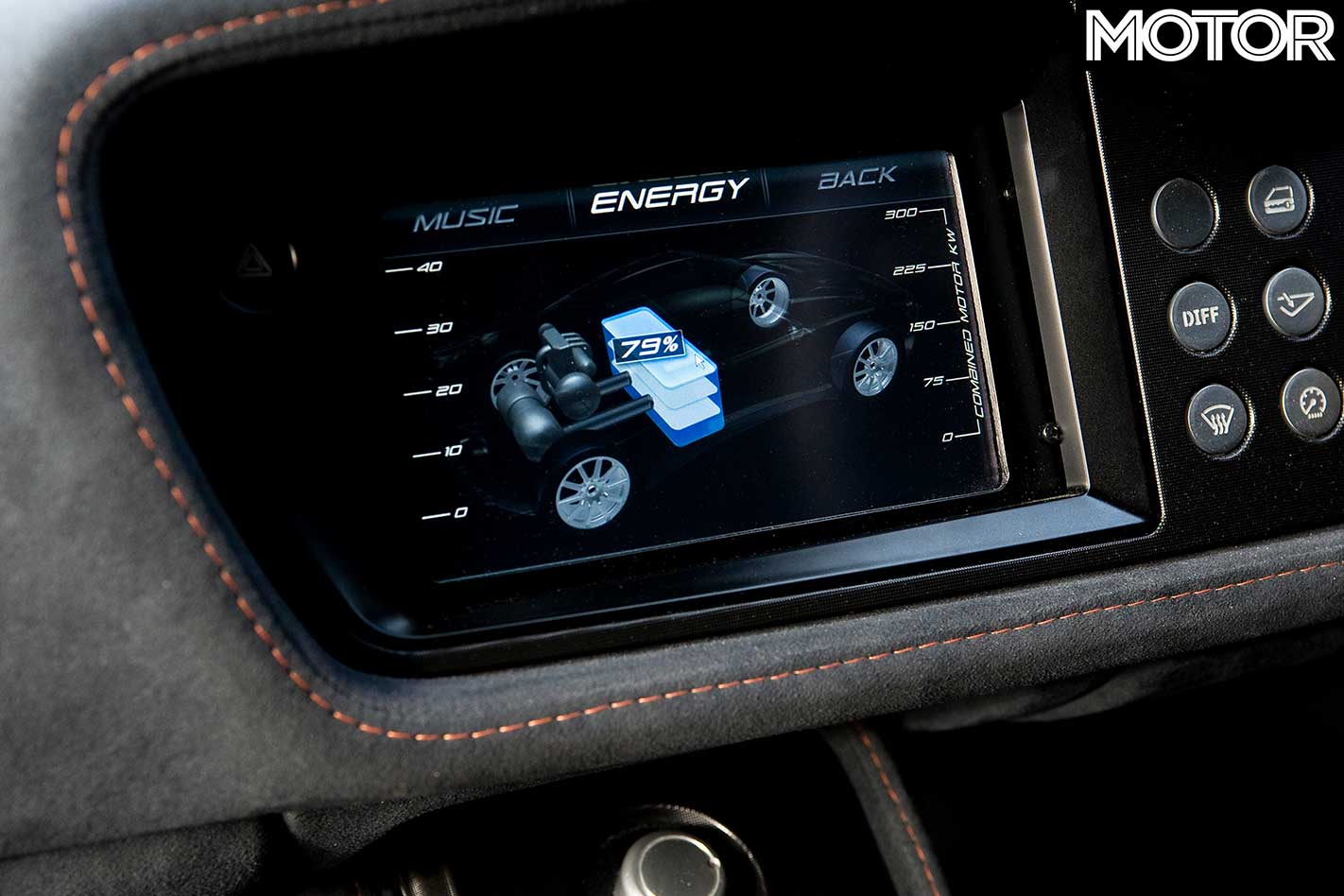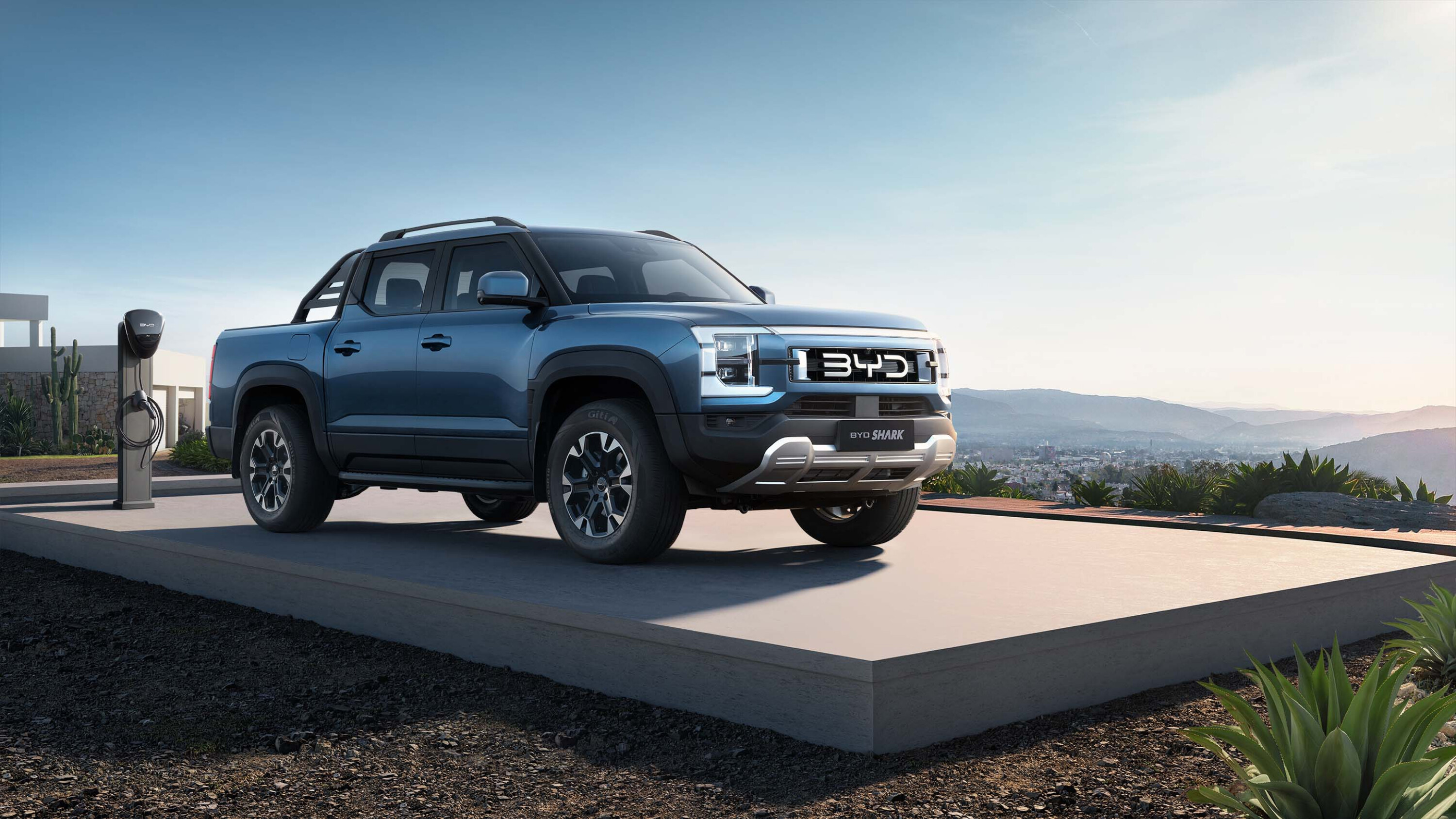
Snapshot
- 25 dealerships in Belgium, Spain, and the UK said to be affected
- German automaker could be looking to bolster cash reserves and reduce operating costs
- Could also be the precursor to an ‘agency model’ for the European market
Mercedes-Benz is said to be planning on selling around 25 of its dealerships and service centres in Belgium, Spain, and the UK.
According to the German publication Handelsblatt and also Automotive News Europe, the automaker is looking to free up funds and reduce operating costs on the continent.
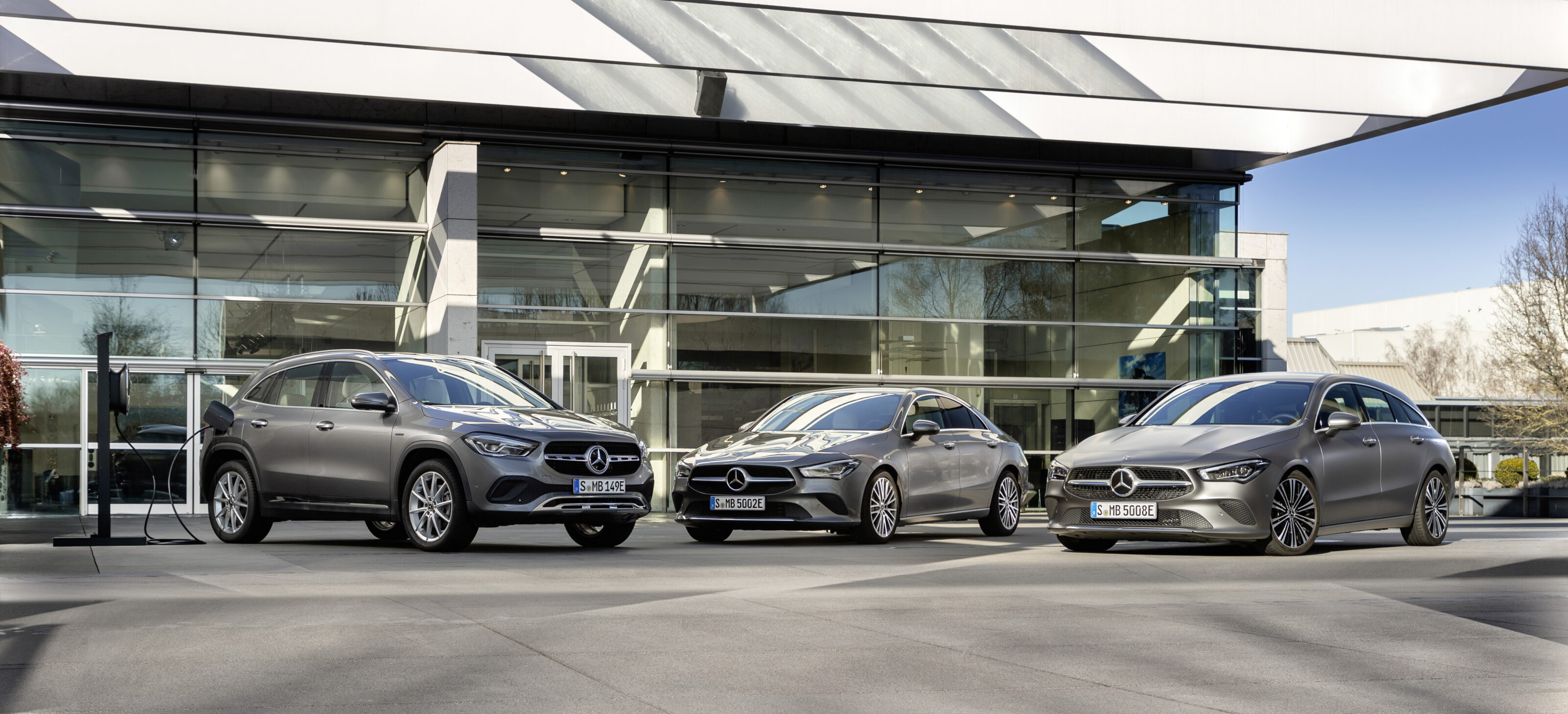
The 25 Mercedes-owned dealerships involved currently employ roughly 2800 people, with the Stuttgart firm thought to be looking to sell to third party dealer groups or investors, who may guarantee the job security of affected employees.
“In potential talks with interested buyers, high priority is placed on their [the dealerships’] long-term economic success and the continuation of Mercedes-Benz’s operations,” a Mercedes spokesperson told Automotive News Europe.
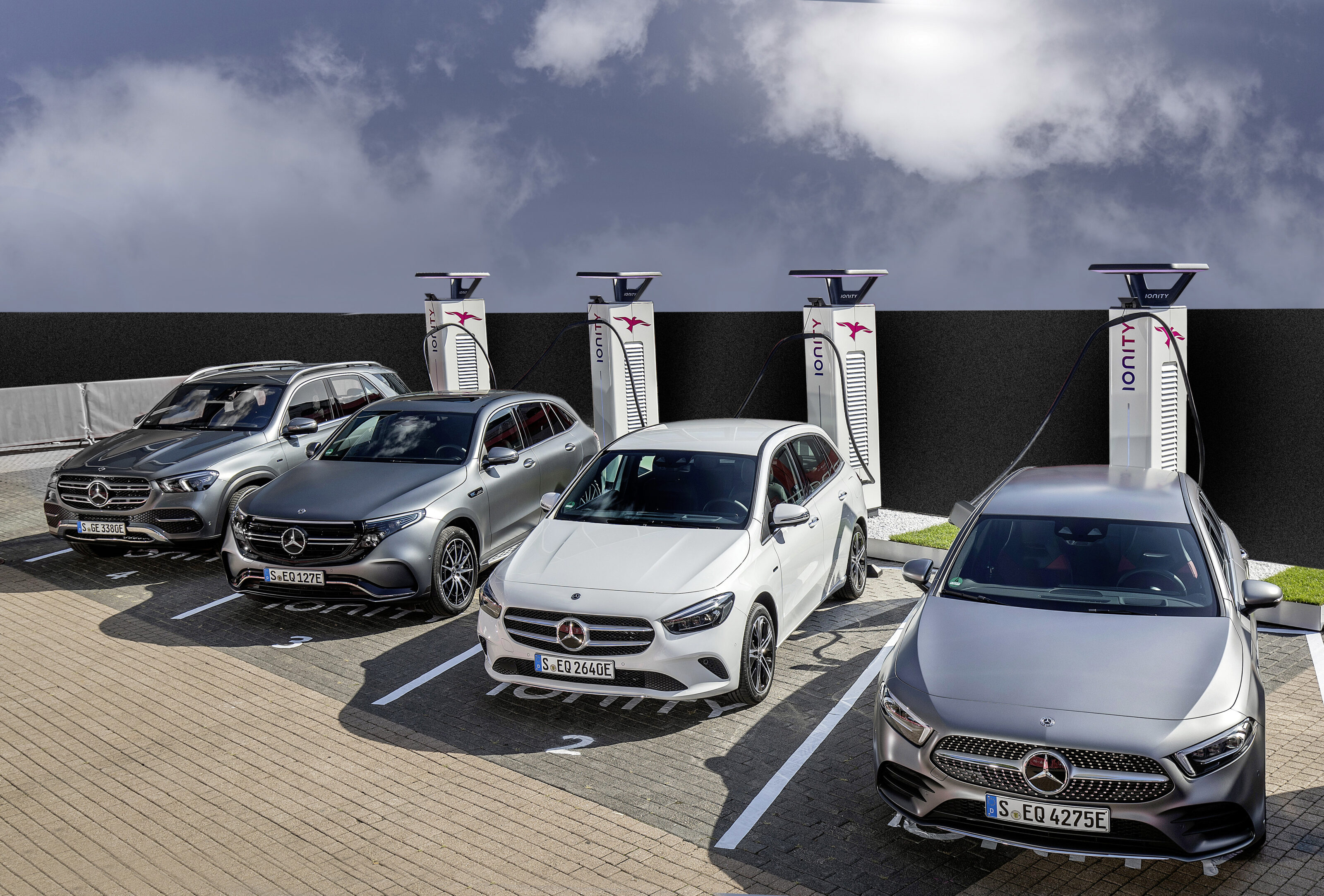
It’s thought the sale could fetch as much as €1billion (roughly AU$1.5billion), which is roughly one per cent of the automaker’s annual revenue (according to 2020 figures).
Locally, this news is unlikely to affect Mercedes-Benz dealerships, as the automaker doesn’t own any – they’re all franchised.

The news may also point to the automaker considering introducing its ‘agency model’, which has already been rolled out in Sweden, to other European markets.
Announced for Australia in 2020 and due to begin in 2022, the agency model will see Mercedes selling its entire product line-up at a fixed price to Aussie consumers. However, Mercedes’s all-electric EQ products, such as the new EQS, are already sold using the agency model.
The shift in sales tactics has drawn scrutiny from local industry bodies, who are concerned not enough information is being provided about how the new set-price modelling will impact dealer franchise owners.
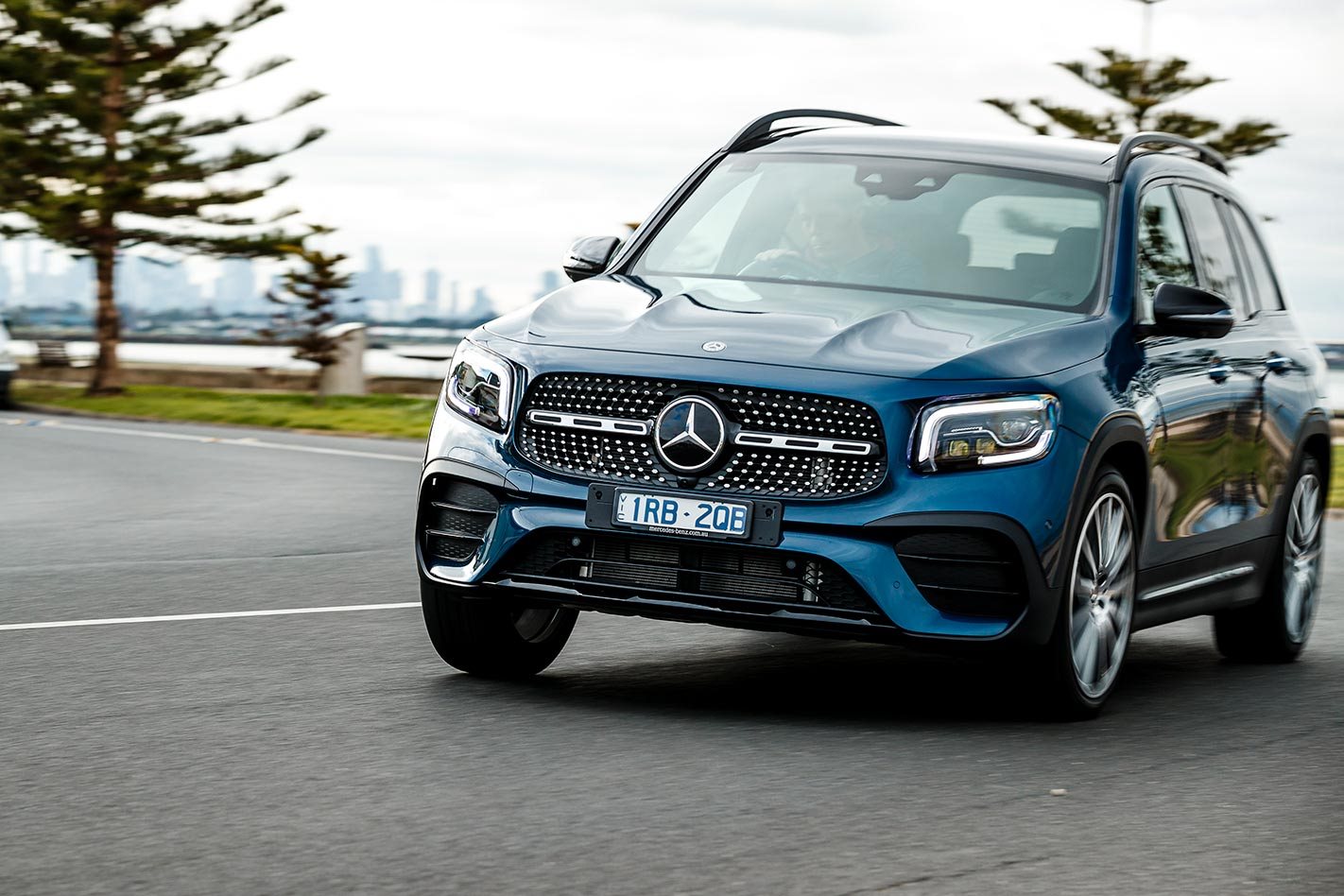
“There are concerning trends developing around some manufacturers rationalising networks and changing their distribution models, but not doing so transparently and not providing their dealers with adequate compensation,” said James Voortman, CEO of the Australian Automotive Dealer Association (AADA).
“Australia needs regulations similar to those which exist in the other industrialised countries to level the playing field between dealers and manufacturers.”
“The fact of the matter is new car dealers make significant investments and play an important role in an incredibly important industry, but they are vulnerable to the decisions being made in board rooms in Tokyo, Stuttgart and Detroit,” Mr Voortman said.
While the agency model has been controversial, Mercedes-Benz argues this new method will make for a more honest and less stressful buying experience for its customers, providing a ‘seamless end-to-end customer journey’.
“What we wanted to achieve was to reduce the complexity for our customers while we further increase flexibility and convenience,” Britta Seeger, member of the Board of Management of Daimler AG, said in a press conference last year.
“Additionally and of high importance for our customers is the pricing is transparent and we provide it uniformly across all the channels.
“Our customers really do appreciate price equality for our models and they do not have to worry about negotiating.”
Mercedes isn’t alone in this new sales shift, with Honda Australia also announcing a national one-price sales system, which will be taking effect from July 1, 2021.
We recommend
-
 News
NewsHonda switching to fixed prices in Australia, will drop slow sellers
National one-price and hub-and-spoke dealer network leads sweeping Honda reform from July 1 2021
-
 News
NewsMercedes-Maybach reveals GLS600 to rival Bentley Bentayga
Four-wheeled VIP section is mega plush for a mega price
-
 News
NewsMercedes-Benz S 580 L 4MATIC and Mercedes-Maybach S 680 pricing and features revealed
Two new limousines added to the iconic S-Class's Australian range

